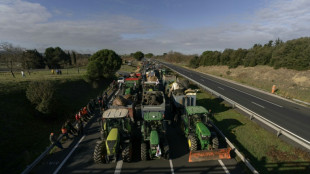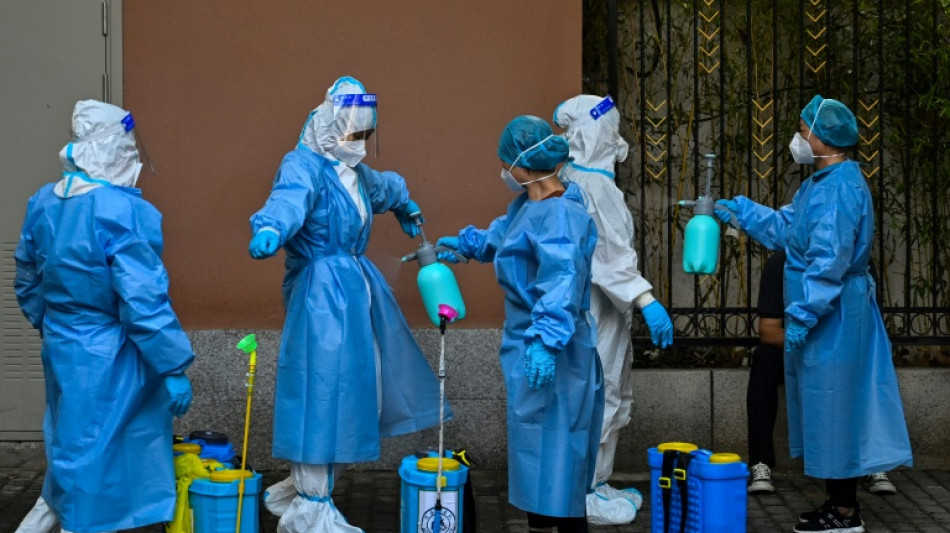
-
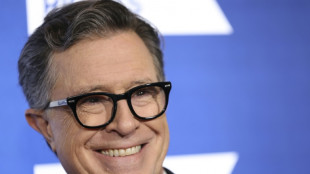 Trump says comedian Colbert should be 'put to sleep'
Trump says comedian Colbert should be 'put to sleep'
-
Mahrez leads Algeria to AFCON cruise against Sudan

-
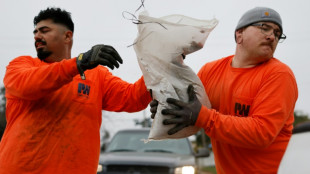 Southern California braces for devastating Christmas storm
Southern California braces for devastating Christmas storm
-
Amorim wants Man Utd players to cover 'irreplaceable' Fernandes

-
 First Bond game in a decade hit by two-month delay
First Bond game in a decade hit by two-month delay
-
Brazil's imprisoned Bolsonaro hospitalized ahead of surgery

-
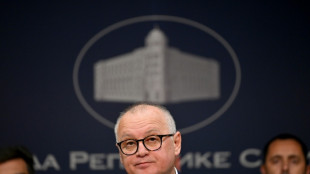 Serbia court drops case against ex-minister over train station disaster
Serbia court drops case against ex-minister over train station disaster
-
Investors watching for Santa rally in thin pre-Christmas trade

-
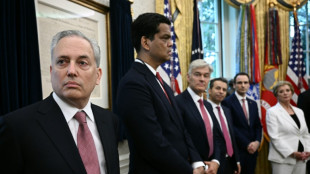 David Sacks: Trump's AI power broker
David Sacks: Trump's AI power broker
-
Delap and Estevao in line for Chelsea return against Aston Villa

-
 Why metal prices are soaring to record highs
Why metal prices are soaring to record highs
-
Stocks tepid in thin pre-Christmas trade

-
 UN experts slam US blockade on Venezuela
UN experts slam US blockade on Venezuela
-
Bethlehem celebrates first festive Christmas since Gaza war

-
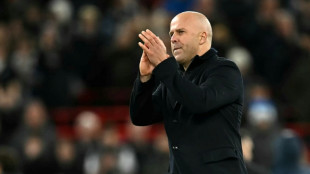 Set-piece weakness costing Liverpool dear, says Slot
Set-piece weakness costing Liverpool dear, says Slot
-
Two police killed in explosion in Moscow
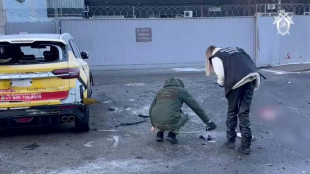
-
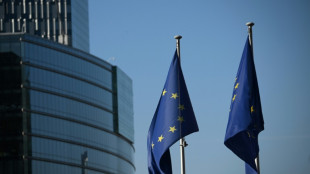 EU 'strongly condemns' US sanctions against five Europeans
EU 'strongly condemns' US sanctions against five Europeans
-
Arsenal's Kepa Arrizabalaga eager for more League Cup heroics against Che;sea
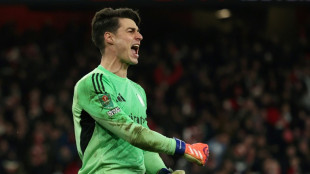
-
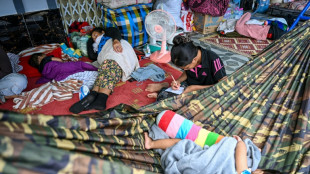 Thailand-Cambodia border talks proceed after venue row
Thailand-Cambodia border talks proceed after venue row
-
Kosovo, Serbia 'need to normalise' relations: Kosovo PM to AFP
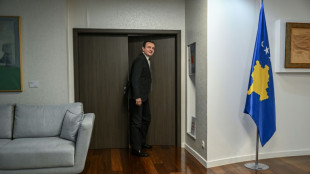
-
 Newcastle boss Howe takes no comfort from recent Man Utd record
Newcastle boss Howe takes no comfort from recent Man Utd record
-
Frank warns squad to be 'grown-up' as Spurs players get Christmas Day off

-
 Rome pushes Meta to allow other AIs on WhatsApp
Rome pushes Meta to allow other AIs on WhatsApp
-
Black box recovered from Libyan general's crashed plane
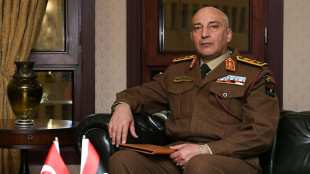
-
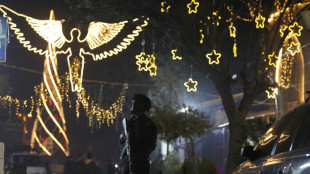 Festive lights, security tight for Christmas in Damascus
Festive lights, security tight for Christmas in Damascus
-
Zelensky reveals US-Ukraine plan to end Russian war, key questions remain
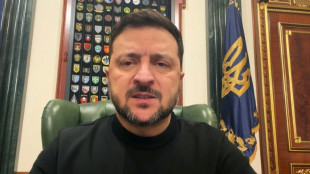
-
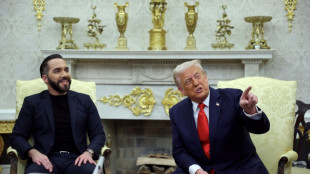 El Salvador defends mega-prison key to Trump deportations
El Salvador defends mega-prison key to Trump deportations
-
Stranger Things set for final bow: five things to know

-
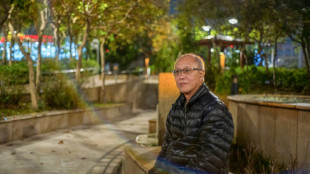 Grief, trauma weigh on survivors of catastrophic Hong Kong fire
Grief, trauma weigh on survivors of catastrophic Hong Kong fire
-
Asian markets mixed after US growth data fuels Wall St record
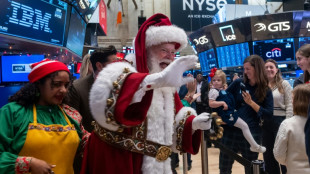
-
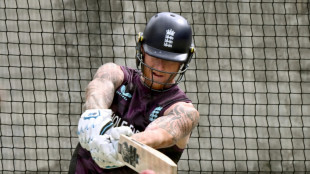 Stokes says England player welfare his main priority
Stokes says England player welfare his main priority
-
Australia's Lyon determined to bounce back after surgery
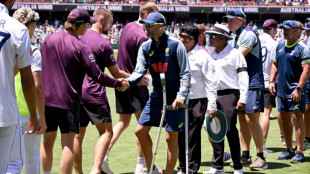
-
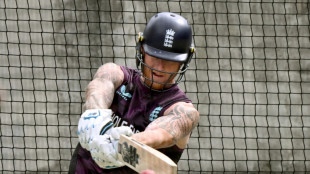 Stokes says England players' welfare his main priority
Stokes says England players' welfare his main priority
-
North Korean POWs in Ukraine seeking 'new life' in South

-
 Japanese golf star 'Jumbo' Ozaki dies aged 78
Japanese golf star 'Jumbo' Ozaki dies aged 78
-
Johnson, Castle shine as Spurs rout Thunder

-
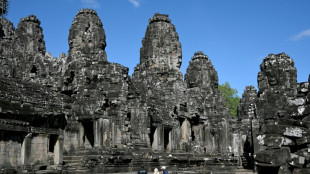 Thai border clashes hit tourism at Cambodia's Angkor temples
Thai border clashes hit tourism at Cambodia's Angkor temples
-
From predator to plate: Japan bear crisis sparks culinary craze
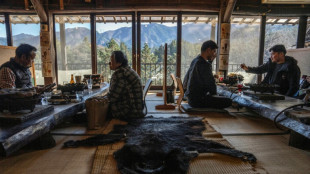
-
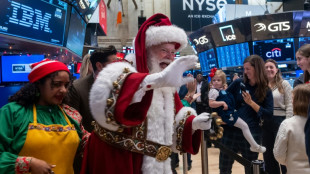 Asian markets mostly up after US growth fuels Wall St record
Asian markets mostly up after US growth fuels Wall St record
-
'Happy milestone': Pakistan's historic brewery cheers export licence

-
 Chevron: the only foreign oil company left in Venezuela
Chevron: the only foreign oil company left in Venezuela
-
US denies visas to EU ex-commissioner, four others over tech rules
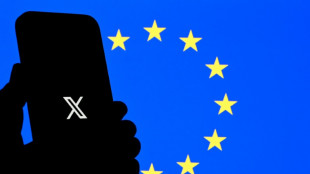
-
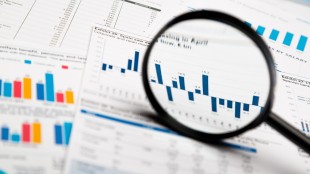 SMX Is Being Valued By Monetizing Certainty, Not Sustainability Narratives
SMX Is Being Valued By Monetizing Certainty, Not Sustainability Narratives
-
SMX Is Earning Validation, and Valuation, Through Industrial Proof, Not Promises

-
 SMX's Valuation Is Anchored in Fixing a Structural Supply-Chain Failure Markets Learned to Ignore
SMX's Valuation Is Anchored in Fixing a Structural Supply-Chain Failure Markets Learned to Ignore
-
2026 Payer IT Outsourcing Outlook: Outcome-Based Managed Services, Production-Grade GenAI Governance, and Vendor-Risk Enforcement

-
 Gold's Quiet Molecular-Level Reckoning Is Happening Outside the Spotlight
Gold's Quiet Molecular-Level Reckoning Is Happening Outside the Spotlight
-
SMX Is Transitioning From Single Deployments to Supply-Chain Infrastructure

-
 Each SMX Partnership Opens a Market, the Portfolio Multiplies the Value
Each SMX Partnership Opens a Market, the Portfolio Multiplies the Value
-
CORRECTION: Nextech3D.ai Provides Shareholder Update on Krafty Labs Acquisition and Announces $321,917 CEO Investment


Landmark agreement reached at WHO over tackling future pandemics
Years of negotiations culminated in the wee small hours of Wednesday with countries agreeing the text of a landmark accord on how to tackle future pandemics, aimed at avoiding a repeat of the mistakes made during the Covid-19 crisis.
After more than three years of talks and a final marathon session, weary delegates at the World Health Organization's headquarters could finally pop the champagne corks at around 2:00 am (0000 GMT) Wednesday.
"The nations of the world made history in Geneva today," WHO chief Tedros Adhanom Ghebreyesus said in a statement.
"In reaching consensus on the Pandemic Agreement, not only did they put in place a generational accord to make the world safer, they have also demonstrated that multilateralism is alive and well, and that in our divided world, nations can still work together to find common ground, and a shared response to shared threats."
Five years after Covid-19 killed millions of people and devastated economies, a growing sense of urgency hung over the talks at a time when new health threats ranging from H5N1 bird flu to measles, mpox and Ebola were lurking.
The final stretch of negotiations also took place with cuts to US foreign aid spending and threatened tariffs on pharmaceuticals casting a new shadow over the talks.
- 'It's adopted' -
Right until the last minute, disagreement had lingered over a few thorny issues.
Negotiators had stumbled over the agreement's Article 11, which deals with transferring technology for pandemic health products, sources told AFP.
During the Covid-19 pandemic, poorer countries accused rich nations of hoarding vaccines and tests.
Countries that have large pharmaceutical industries have strenuously opposed the idea of mandatory tech transfers, insisting they be voluntary.
It appeared the tech transfer obstacle could be overcome by adding that any transfer needed to be "mutually agreed".
In the end, the 32-page agreement was entirely highlighted in green, indicating it had been fully approved by WHO member states.
"It's adopted," Anne-Claire Amprou, co-chair of the negotiations, announced to thundering applause.
The finalised text will now be presented for sign-off at the WHO's annual assembly next month.
As intense talks in corridors and closed rooms continued at the WHO headquarters, Tedros joined the negotiations late Tuesday and told reporters he thought the current draft was "good", "balanced" and that a deal would bring "more equity".
While taking measures to coordinate pandemic prevention, preparedness and response could be costly, Tedros insisted that "the cost of inaction is much bigger".
"Virus is the worst enemy. (It) could be worse than a war," he said.
The United States, which has thrown the global health system into crisis by slashing foreign aid spending, was not present. US President Donald Trump ordered a withdrawal from the United Nations' health agency and from the pandemic agreement talks after taking office in January.
However, the US absence, and Trump's threat to slap steep tariffs on pharmaceutical products, still hung over the talks, making manufacturers and governments more jittery.
But in the end, countries reached consensus.
"The world is watching us, and you can be very proud of what you have just achieved," Amprou said.
O.M.Souza--AMWN


